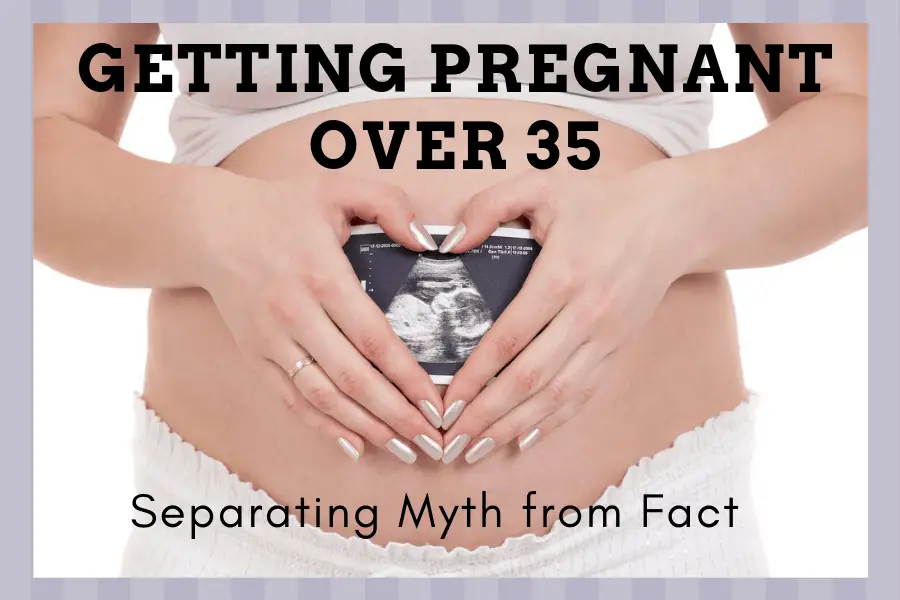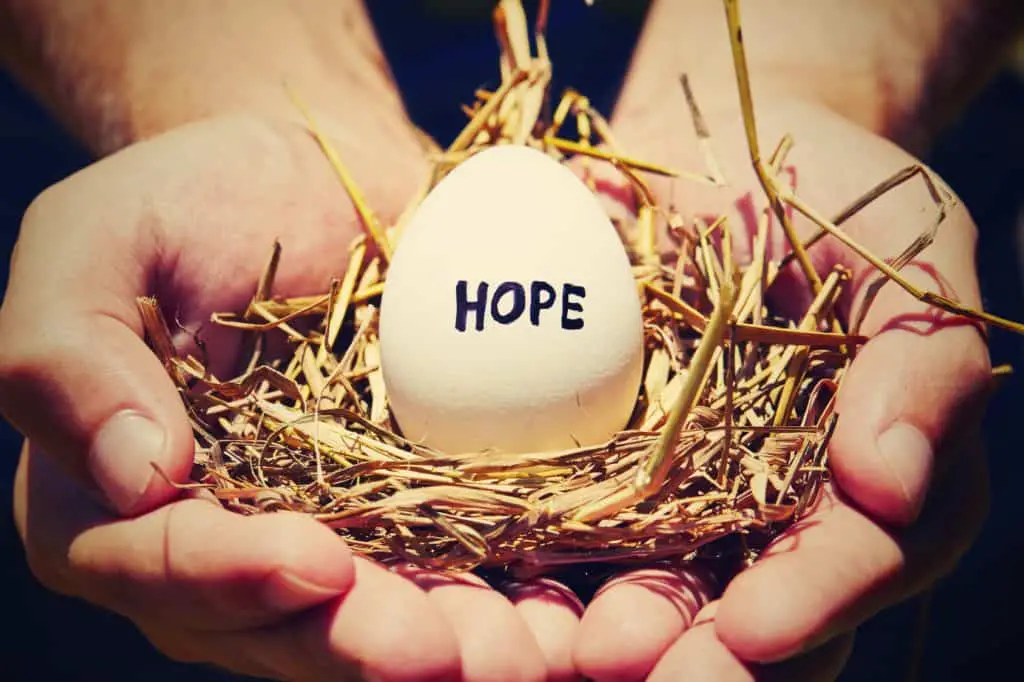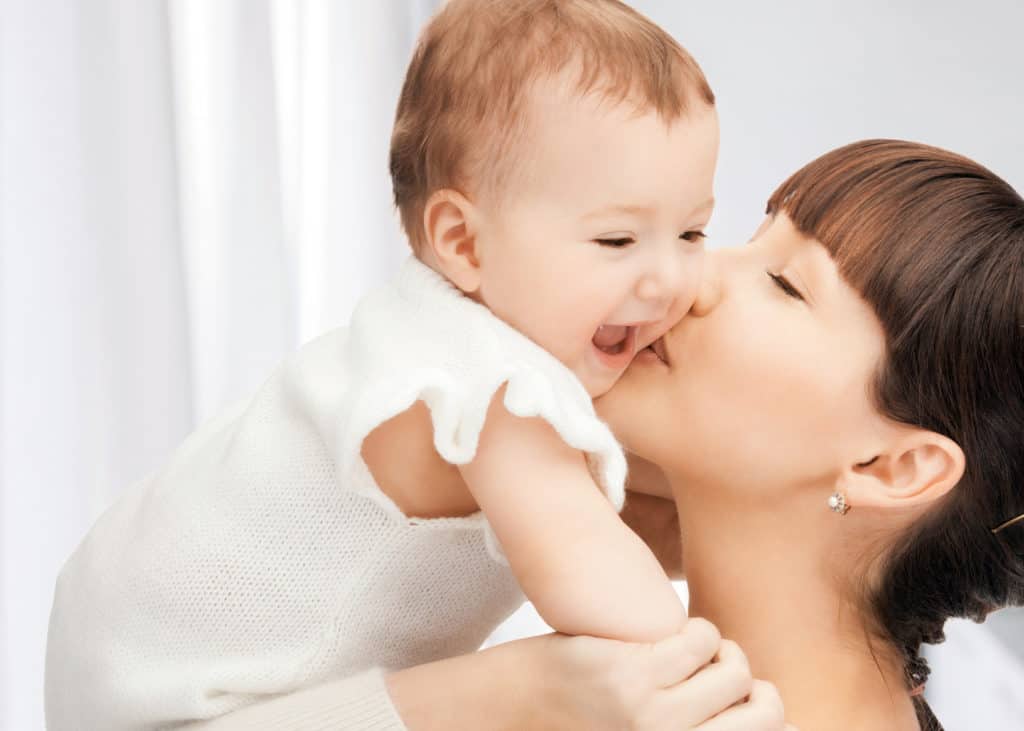Life can change drastically with each new generation.
For instance, we’re no longer settling down in our early twenties to have families. Instead, we’re embarking on great careers or traveling the world before we put roots down.
Yet, when it comes to conception and pregnancy, our bodies aren’t catching up with this new way of living. Women in their 20s and early 30s are more likely to get pregnant naturally than those over 35.
However, there are also misconception surrounding pregnancy over 40, which is why we’re going to debunk common myths and set the facts straight.
FACT: Women in Their 40s Get Pregnant, But It’s Harder
During their “prime” years of early adulthood, women have a 1 in 4 chance of conceiving during each menstrual cycle.
By the time they hit 40, this drastically reduces to 1 in 10. Additionally, age adds to the risk of potential complications for both mother and baby.
For example, women over 40 are more at risk for preeclampsia, which often stems from other health problems, e.g. high blood pressure.
Down syndrome becomes a concern, as well. Women in their 20s carry a 1 in 1,480 chance of having a baby with Down syndrome; by 35 this increases to 1 in 353, and by 40 to 1 in 85.
MYTH: The Fertility Issues Are Always with the Woman
Even though a woman’s fertility declines rapidly, this doesn’t necessarily mean the problem lies solely with the woman.
For both men and women in their 20s, the probability of being the source of an infertility problem is equal. However, as a woman ages, the chances of infertility due to declining egg quality increases significantly.
FACT: Even If There’s a Problem with Your Eggs, You Can Still Get Pregnant
These facts make for stark reading, and you may feel as a 30- or 40-something-year-old woman, there’s little hope you’ll ever give birth to your own child.
Often, surrogacy and adoption are provided as options – yet these don’t offer you the chance to carry and give birth to your own baby.
That’s where egg donation is different. Due to many age-related fertility problems stemming from a woman’s eggs, using an egg donor removes many of these potential complications.
The result?
You’ll be able to enjoy a happy and healthy pregnancy whether you’re 35, 40, or 45.
FACT: You Can Still Enjoy a Genetic Link with Your Baby – Even with Donor Eggs
One of the main concerns for women using donor eggs involves accepting they won’t be the genetic parent of their child. While this is true to some extent, scientists have discovered mothers who use donor eggs still influence the expression of their baby’s genes. While your baby is growing inside of you, your own genetic material passes through your endometrial fluid to your baby. This has the potential to guide and stimulate your baby’s genes.
MYTH: I Won’t Bond with My Baby When I Use Donor Egg
By using donor eggs, you may fear not being able to bond or bond with your baby as well as you would’ve if you had the original genetic link you were hoping for.
When your baby is born, will your natural instincts kick in? Or will you feel as though your baby belongs to someone else?
Feeling this way is completely normal. However, as you begin to feel your baby growing inside you, feel their first kick and see their first scan, all of these worries pale into insignificance. You’re carrying your own baby and can enjoy the unbelievable experience of being someone’s mom. You’re bringing this baby into the world, a truly magical adventure that creates the unbreakable bond you and your baby will share forever.
FACT: There Is a Light at the End of the Tunnel
Despite the bleak statistics surrounding pregnancy over 35, there are incredible, hope-fulfilling options available. Thanks to innovative ART treatments like donor egg IVF, achieving your hopes and dreams are still possible in your late 30s and 40s.
Not only are you able to become a mom, but you’re able to experience one of the most wonderful joys on earth – giving birth to your baby.



